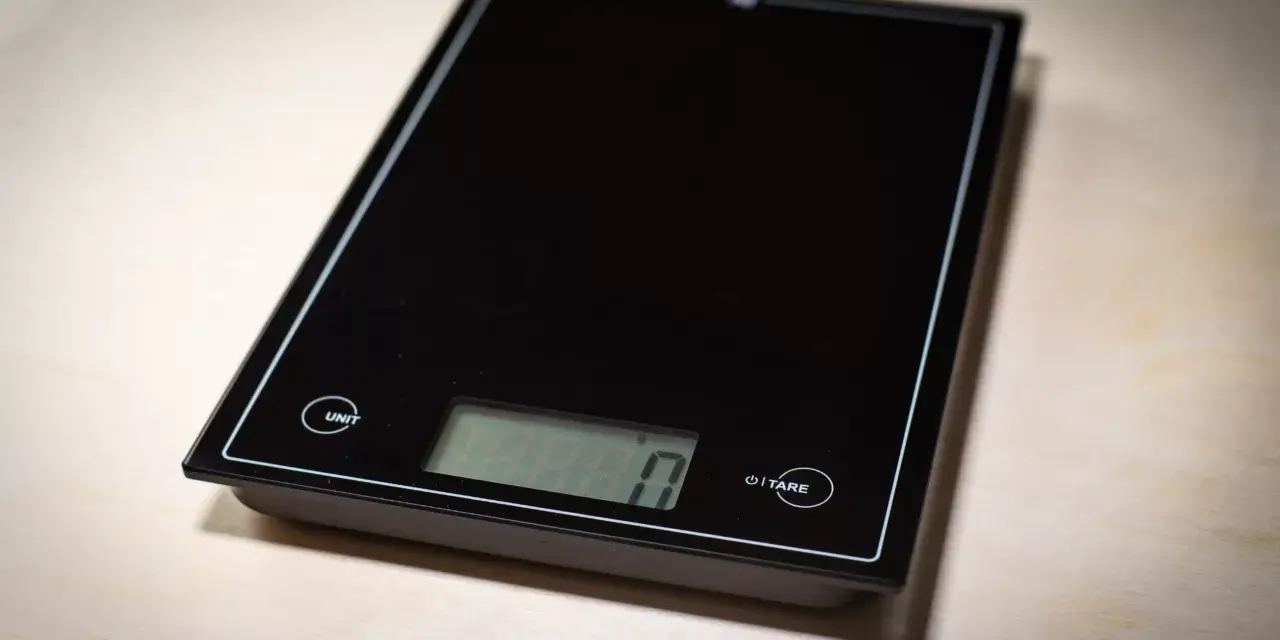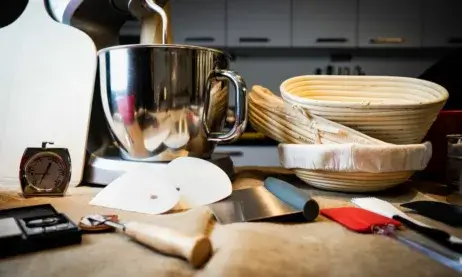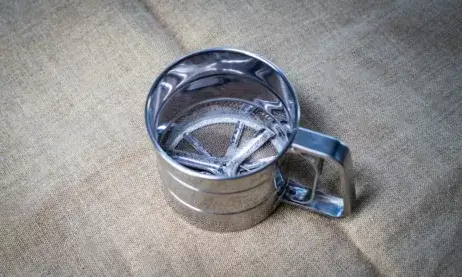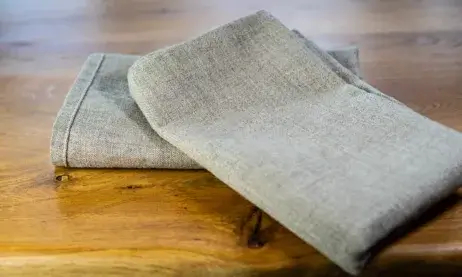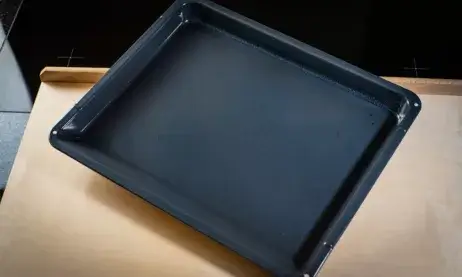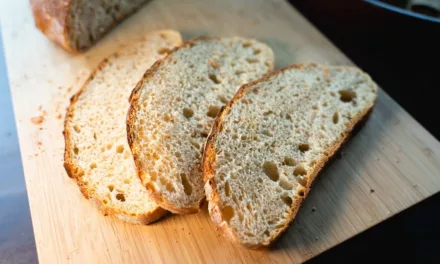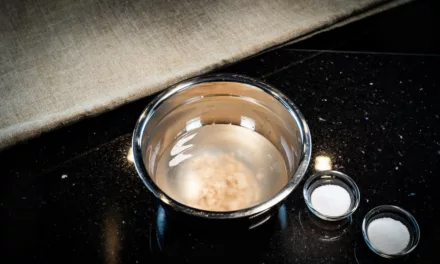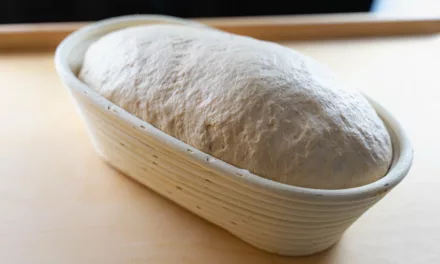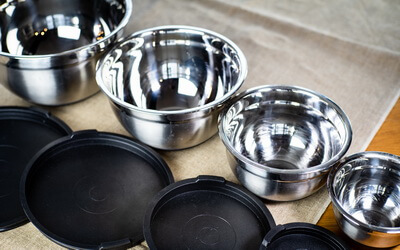Table of Contents
Are you ready to take your baking to the next level? Our comprehensive guide on kitchen scales might just be the secret ingredient you’ve been missing.
Baking is a science, and precision is key. A slight mismeasurement can turn a delightful treat into a baking disaster. That’s where kitchen scales come in. They ensure accuracy, consistency, and ultimately, baking success.
With years of baking experience and countless trials and errors, we’ve come to appreciate the value of a good kitchen scale. It’s an indispensable tool that transforms baking from a guessing game into an exact science.
So, are you ready to discover how a simple tool can revolutionize your baking experience? Read on, because things are about to get interesting!
- Importance of Kitchen Scales in Baking
- Types of Kitchen Scales
- Mechanical Kitchen Scales
- Digital Kitchen Scales
- Features to Consider When Buying a Kitchen Scale for Baking
- Accuracy and Precision
- Weight Capacity
- Units of Measurement
- Tare Function
- Display and Readability
- Size and Portability
- Durability and Build Quality
- Benefits of Using Kitchen Scales in Baking
- Precise Ingredient Measurements
- Consistent Results in Baking Recipes
- Perfectly Risen Cakes and Flaky Pastries
- Portion Control and Nutritional Tracking
- Tips for Using Kitchen Scales Effectively in Baking
- Calibrating Your Scale
- Using the Tare Function
- Measuring Dry and Liquid Ingredients
- Cleaning and Maintenance
- Choosing the Right Kitchen Scale for Baking
- Where to Buy a Kitchen Scale
- Conclusion
- Frequently Asked Questions (FAQ)
The Importance of Kitchen Scales in Baking
In the world of baking, precision is the key to success. Small variations in ingredient quantities can significantly affect the texture, flavor, and overall outcome of your baked goods. Using a kitchen scale ensures that you measure ingredients with accuracy, allowing you to achieve consistent and delightful results every time you bake. Let’s dive deeper into the types of kitchen scales available and the features to consider when buying one specifically for baking.
Types of Kitchen Scales
Mechanical Kitchen Scales
Mechanical kitchen scales are the traditional weighing instruments that have stood the test of time. They operate using a spring mechanism and a pointer that indicates the weight on a scale. While these scales have a nostalgic charm, they may be less precise compared to their digital counterparts. Mechanical scales often have a lower weight capacity and may not be as sensitive to small changes in weight, making them more suitable for general cooking purposes.
Digital Kitchen Scales
Digital kitchen scales are the modern solution for precise baking measurements. These scales use electronic sensors to measure weight accurately. They provide instant readings on an easy-to-read digital display, allowing you to weigh ingredients with utmost precision. Digital scales often offer additional features such as unit conversions, tare function, and precise weight increments, making them the preferred choice for bakers.
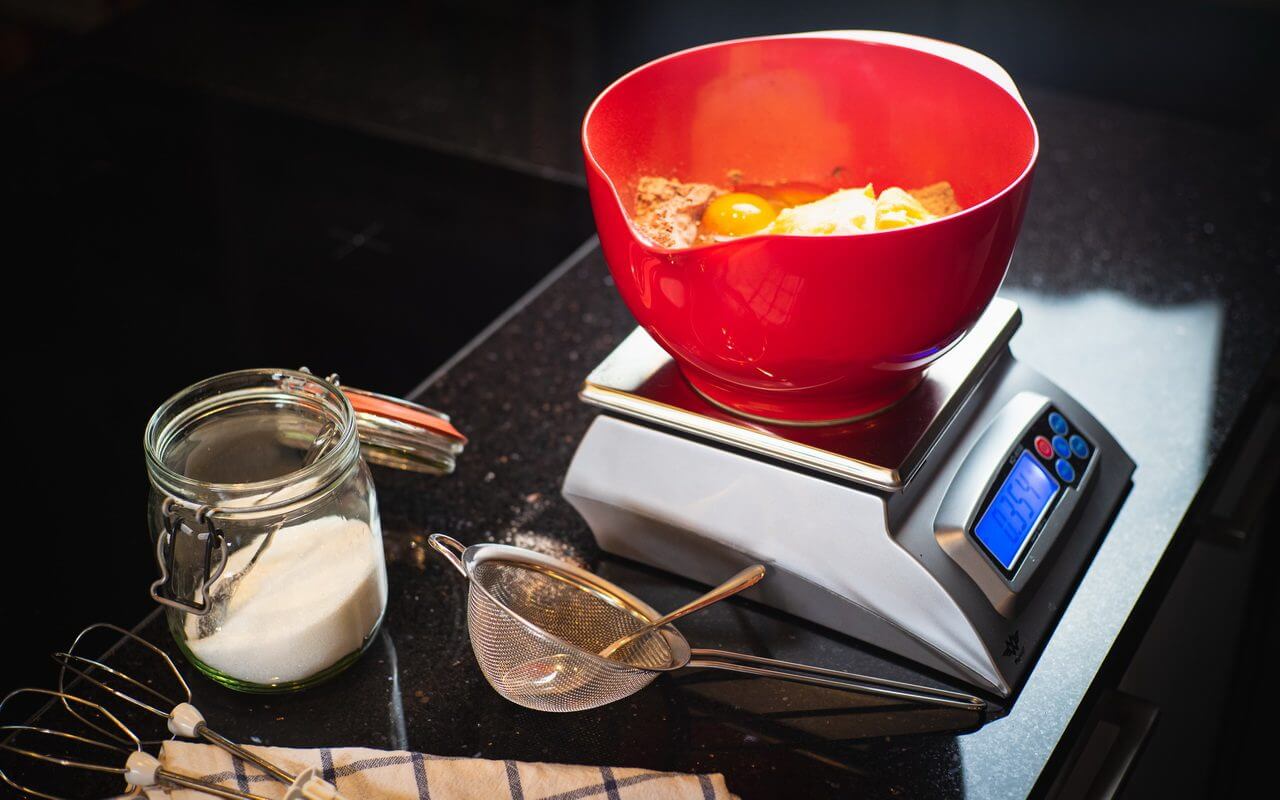
Features to Consider When Buying a Kitchen Scale for Baking
Choosing the right kitchen scale for baking requires considering specific features that enhance your baking experience. Let’s explore the essential features to consider when purchasing a kitchen scale for your baking needs.
Accuracy and Precision
When it comes to baking, accuracy and precision are of utmost importance. Look for kitchen scales known for their high accuracy and precise measurements. Digital scales, with their advanced technology, often offer superior accuracy compared to mechanical scales.
Weight Capacity
Consider the weight capacity of the kitchen scale to ensure it can handle the quantities of ingredients typically used in baking. Look for scales with a capacity that suits your baking needs, whether it’s measuring small amounts of spices or larger quantities of flour and sugar.
Units of Measurement
Ensure that the kitchen scale provides the units of measurement commonly used in baking, such as grams, ounces, and pounds. This versatility allows you to follow baking recipes seamlessly, regardless of the unit specified.
Tare Function
The tare function is a valuable feature that enables you to zero out the weight of the container or bowl used to hold the ingredients. This ensures that only the weight of the ingredients is considered, making it easier to measure accurately and eliminating the need for manual calculations.
Display and Readability
A clear and easily readable display is crucial when working with a kitchen scale. Look for scales with a large and well-lit display that shows measurements clearly, even when using larger bowls or measuring ingredients from a distance.
Size and Portability
Consider the size and portability of the kitchen scale, especially if you have limited counter space or if you plan to use it in different locations. Compact and lightweight scales are ideal for storage and transportation.
Durability and Build Quality
A durable and well-built kitchen scale ensures longevity and reliable performance. Look for scales made from sturdy materials such as stainless steel or tempered glass, which can withstand the demands of frequent baking.
With these features in mind, let’s explore the incredible benefits that kitchen scales bring to your baking adventures.
Benefits of Using Kitchen Scales in Baking
Precise Ingredient Measurements
Baking is a science that requires precise measurements. Kitchen scales allow you to measure ingredients with exceptional accuracy, ensuring that your recipes turn out consistently delicious. Whether it’s flour, sugar, butter, or delicate spices, accurate measurements are essential for achieving the desired texture and flavor.
Consistent Results in Baking Recipes
Following baking recipes with precision is crucial to achieving the intended taste and texture. By using a kitchen scale, you can accurately replicate recipes, ensuring consistent results each time you bake. Instead of relying on vague measurements like “one cup” or “a pinch,” precise measurements guarantee that your baked goods turn out perfectly every time.
Perfectly Risen Cakes and Flaky Pastries
Baking is all about achieving the perfect texture, whether it’s a light and airy cake or flaky pastry. Kitchen scales enable you to measure ingredients accurately, maintaining the right balance of dry and wet ingredients. This precision ensures that your cakes rise evenly, and your pastries achieve the desired flakiness.
Portion Control and Nutritional Tracking
For those mindful of their dietary intake, kitchen scales are invaluable tools. By accurately measuring ingredients, you can track the nutritional content of your baked goods more effectively. Additionally, using a scale helps with portion control, ensuring you enjoy your treats in moderation.
Now that you understand the benefits of using a kitchen scale in baking, let’s explore some tips for using them effectively.
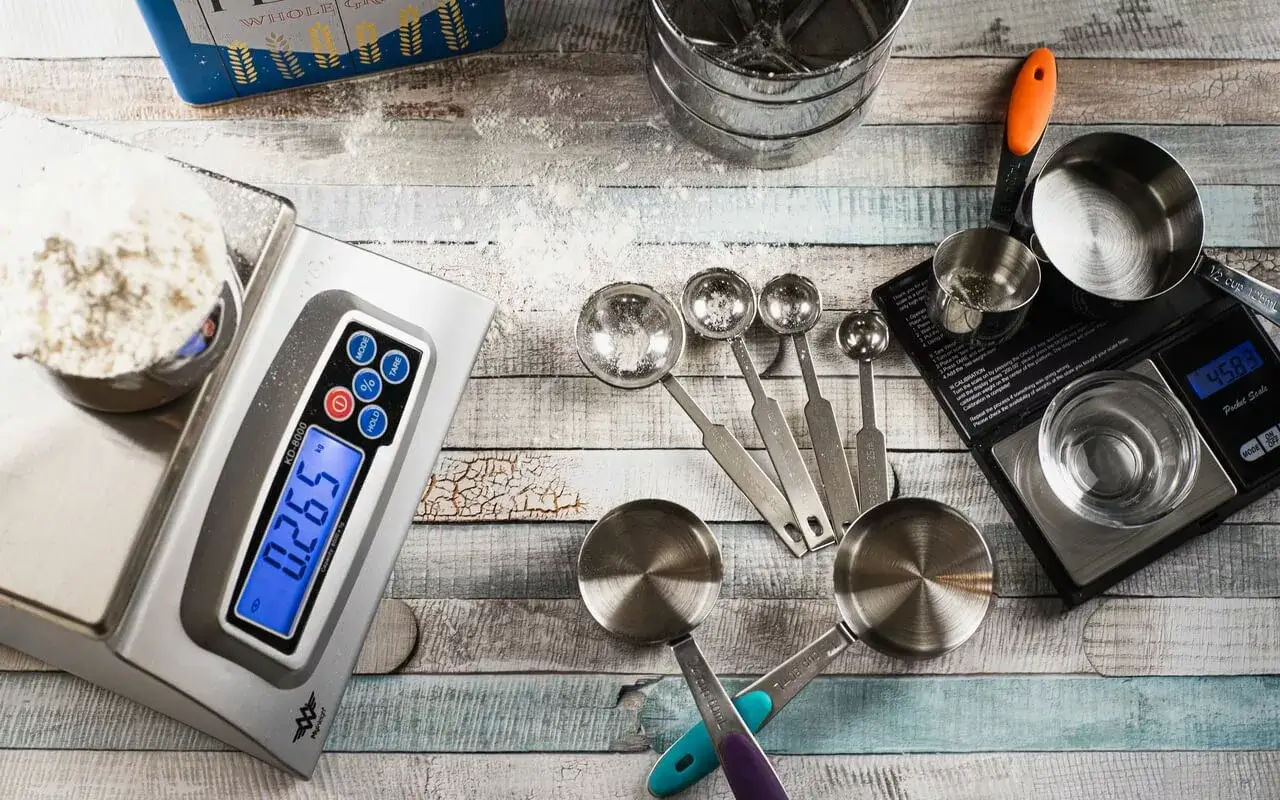
Tips for Using Kitchen Scales Effectively in Baking
Calibrating Your Scale
To maintain accurate measurements, it’s important to calibrate your kitchen scale regularly. Follow the manufacturer’s instructions for calibration, ensuring that your scale remains precise over time.
Using the Tare Function
Make use of the tare function on your kitchen scale when weighing ingredients in bowls or containers. This feature allows you to zero out the weight of the container, ensuring that only the weight of the ingredients is measured accurately.
Measuring Dry and Liquid Ingredients
Kitchen scales are versatile and can be used for both dry and liquid ingredients. When measuring dry ingredients, such as flour or sugar, place the measuring container on the scale and add the ingredient until you reach the desired weight. For liquids, use a measuring cup on the scale, tare it, and then pour the liquid until the desired weight is achieved.
Cleaning and Maintenance
Keep your kitchen scale clean and free from any debris that could affect its accuracy. Use a soft, damp cloth to wipe the scale after each use. Avoid submerging the scale in water unless it is explicitly designed to be waterproof.
With the right kitchen scale and these effective tips, you’ll be on your way to mastering the art of precise baking measurements. Now, let’s explore some popular kitchen scale brands and models that are highly regarded by bakers.
Choosing the Right Kitchen Scale for Baking
When selecting a kitchen scale for baking, consider the following factors:
- Accuracy and Precision: Look for a scale known for its accuracy and precise measurements to ensure your baking endeavors are successful.
- Weight Capacity: Consider the quantities of ingredients you typically work with in baking and choose a scale with a weight capacity that suits your needs.
- User-Friendly Features: Opt for a scale with features like a tare function, easy-to-read display, and unit conversions to enhance your baking experience.
- Size and Portability: Consider the size and portability of the scale, especially if you have limited counter space or if you need a scale that is easy to store and transport.
By considering these factors, you can select a kitchen scale that meets your baking needs and elevates your baking skills.
Where to Buy a Kitchen Scale
You can easily purchase a kitchen scale online on Amazon. Look for reputable suppliers that offer high-quality scales with accurate measurements. Pay attention to the features and specifications that suit your baking needs, such as weight capacity and unit conversions.
My favorite one is the KD8000 that I’m using for years now:
Of course a simple one is also perfect if you are just starting:
Conclusion
A kitchen scale is an indispensable tool for bakers who strive for precision and consistency in their baked goods. Whether you’re a professional baker or an enthusiastic home baker, using a kitchen scale ensures accurate measurements and enhances the overall quality of your baking. With the ability to precisely measure ingredients, you can achieve perfect textures, flavors, and rise in your cakes, cookies, bread, and pastries.
Investing in a high-quality kitchen scale will elevate your baking to new heights. Say goodbye to guesswork and embrace the accuracy and convenience a kitchen scale brings to your baking adventures.
Frequently Asked Questions (FAQ)
Can kitchen scales be used for measuring non-food items in baking?
While kitchen scales are primarily designed for measuring food ingredients, they can also be used to measure non-food items that are within their weight capacity. However, it’s important to clean the scale thoroughly afterward to avoid cross-contamination.
Are digital kitchen scales more accurate than mechanical ones for baking?
Digital kitchen scales are generally known for their higher accuracy and precision compared to mechanical scales. Their advanced technology allows for more accurate measurements, making them a popular choice among bakers.
How can kitchen scales help with portion control in baking?
Kitchen scales are excellent tools for portion control in baking. By accurately measuring ingredients, you can ensure that each portion is consistent in size, helping you manage portion sizes and maintain a balanced diet.
How often should I calibrate my kitchen scale for baking?
It is recommended to calibrate your kitchen scale regularly, especially if you notice any discrepancies in measurements. Follow the manufacturer’s guidelines for calibration frequency and instructions.
Are kitchen scales easy to clean after baking?
Yes, kitchen scales are generally easy to clean after baking. Use a soft, damp cloth to wipe the scale and remove any spills or residue. Avoid submerging the scale in water unless it is specifically designed to be waterproof.

